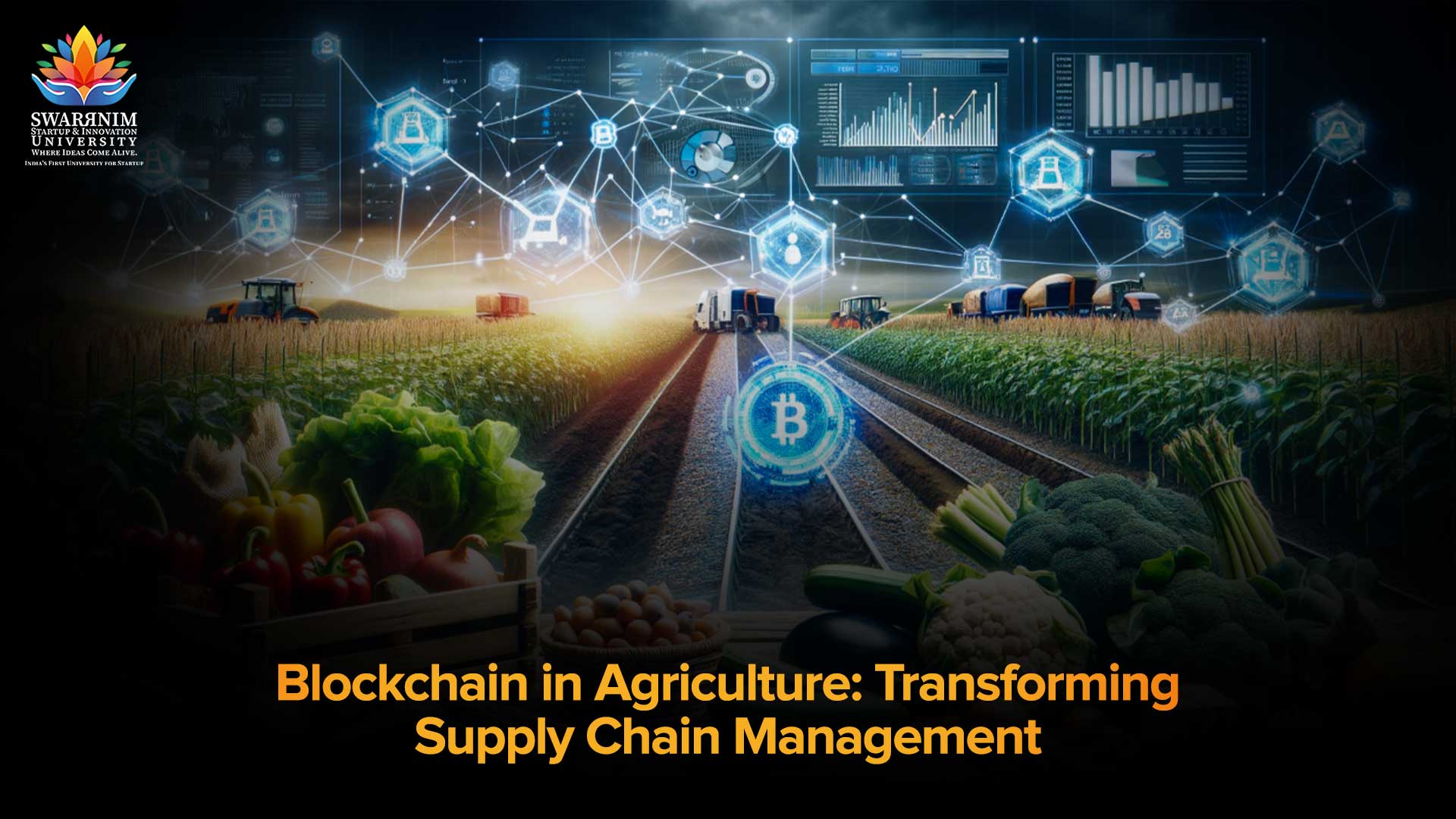Recruitment Advertisement of 2023 - 2024

The Impact of Blockchain Technology
It is a well established fact that agriculture is the spine of our nation and impacts the very existence of the food supply both globally and nationally. It is natural that development is vital in this field. Blockchain technology is hence extremely important as it is a key feature in the developmental landscape of agriculture.
Blockchain in Agriculture: An Overview
Databases presently use information and communication technology to manage information flow. There is no single server and the distribution of information happens to all network members. So many parties can then validate the new database. It also has lower risks of corruption. Blockchain technology applications in agriculture have now changed the face of the agriculture industry.
Blockchain in agriculture allows information to be traced across the agricultural supply chain and blockchain agriculture enhances food safety. How can blockchain be used in agriculture? The ability of blockchain to store and manage data allows traceability. This is the crux of applications of blockchain in agriculture which is used to develop and implement intelligent farming. The benefits of blockchain in agriculture is that it allows index-based crop insurance systems. In agriculture, this technology is being harnessed to revolutionize various aspects of the industry.
How blockchain is changing the agricultural supply is basically through a wide range of implementations that have lots of benefits in different segments.
Blockchain technology is bringing about significant changes in the agricultural supply chain. It's streamlining the movement of agricultural products from the farm to the end consumer, with clear benefits for all stakeholders involved.
A dated education is detrimental to one’s career. It is vital when one chooses a field such as agriculture. Their education also caters to the changes in the industry. The graduate programme of Agriculture at Swarrnim Startup and Innovation University is a broad-based course with great potential. It is updated with subjects like food production, horticulture, animal rearing, rural economy, rural development, environmental health, etc. Development in technology, research, and innovation has multiplied the scope of agriculture in a big way. The university equips students with knowledge and skills that will help them to manage agri-preneurship, conduct research, work in the agricultural field, conduct field surveys or manage different areas of farming practices. The growing demand for graduates with a degree in agriculture is increasing every day in India. The demand is also global. In keeping with the developments of the field, the syllabus is as per the guidelines of ICAR (Indian Council of Agriculture Research) and is designed to train students to understand ways of improving crop production in a sustainable manner. It also provides overall knowledge related to agriculture and related disciplines. Key Subjects Pursued:
The department is forever growing and adapting to the various demands of the industry and chooses to keep staying relevant so as to provide students with the best education possible